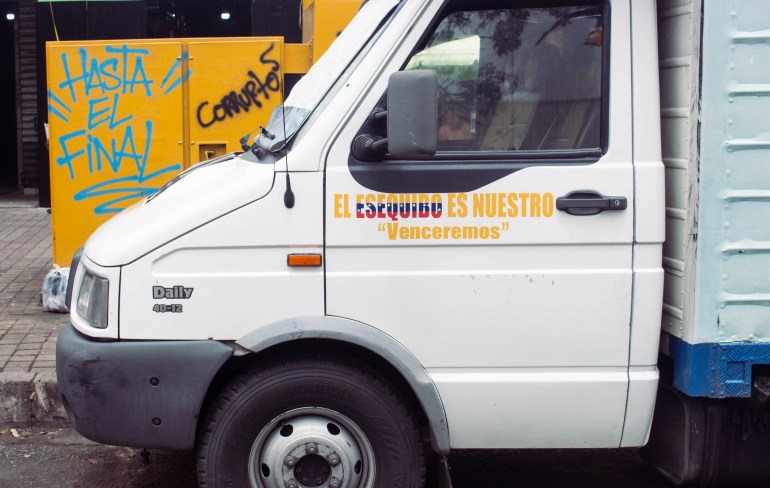But even among Venezuelans, there are doubts about the motives behind this month’s vote.
Critics have dismissed it as a political manoeuvre to reinforce Maduro’s grip on power — a move that risks inflaming relations with Guyana and the international community.
The Essequibo region is sparsely populated, home to an estimated 125,000 people out of Guyana’s total 800,000. It covers about two-thirds of Guyana’s landmass.
But the territory boasts a wealth of resources, including gold, diamonds, lithium and other minerals, fuelling the tensions over its ownership.
The dispute has its roots in colonial times. In 1899, an international tribunal was convened to settle the issue.
At the time, Venezuela was a young country, less than nine decades old. It was represented by the United States, then an ally, during the proceedings. Guyana, still a colony, was backed by the United Kingdom.
A Russian judge, appointed as neutral arbitrator, ultimately ruled in favour of British Guiana — a verdict Venezuela has never accepted, alleging it was rigged.

Carmen Beatriz Fernandez, a political analyst and lecturer of political communication, believes Maduro and his allies are now leveraging the controversial issue for their political survival.
“They just use it to feed a narrative — an anti-imperialist, nationalist storyline,” she said.
Maduro has weathered multiple crises since taking power in 2013, and Fernandez argues Essequibo is being used to distract from his political failings.
One of the most recent was the contested 2024 presidential election. The pro-government electoral council declared Maduro the winner without evidence, while opposition tallies showed a landslide for their candidate.
Protests erupted in the aftermath, and Maduro’s government responded with deadly force. At least 24 people were killed. Fernandez said she considers the election a “watershed moment” for the Maduro government, which faced a wave of international criticism.
She sees the upcoming regional election as a chance for Maduro to consolidate his power.
“Everything they’re doing around these elections is about an institutional readjustment to a new political reality,” Fernandez told Al Jazeera.
Her view is that Maduro is embracing an increasingly autocratic model of governance, one masked by “small-scale” elections that offer the veneer of democratic participation.
“In other words, a model where you have many elections, but the votes don’t jeopardise real political power,” she said.
